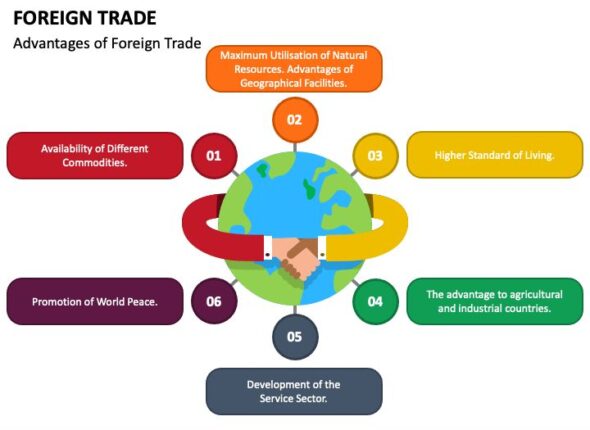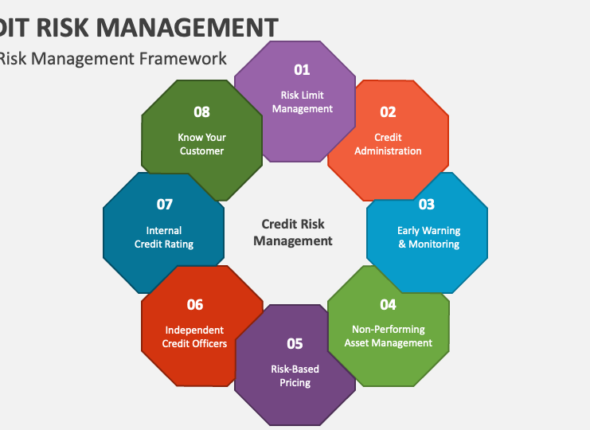Currently Empty: 0.00৳
About Course
Islamic banking, also known as Sharia-compliant finance, is a unique banking system that operates in accordance with Islamic law (Sharia). It offers financial services that avoid interest (riba) and promote ethical investing, focusing on fairness, transparency, and risk-sharing. Here are ten key points to understand Islamic banking:
- No Interest (Riba): Islamic banking prohibits the charging or paying of interest on loans or deposits, aligning with Sharia principles that consider interest as unjust and exploitative.
- Profit and Loss Sharing: Instead of interest, Islamic banks operate on a profit and loss sharing basis. This means that both the bank and the customer share the risks and rewards of any investment.
- Asset-Backed Financing: All financial transactions must be backed by tangible assets or services. This reduces speculation and ensures that the banking activities are tied to real economic activities.
- Ethical Investments: Islamic banks avoid investing in industries considered unethical under Sharia law, such as alcohol, gambling, and tobacco. Investments must promote social welfare and align with Islamic values.
- Use of Islamic Contracts: Islamic banking uses specific contracts like Murabaha (cost-plus financing), Ijara (leasing), Mudarabah (profit-sharing), and Musharakah (joint venture) to structure financial transactions in a Sharia-compliant manner.
- Transparency and Fairness: All Islamic banking transactions must be transparent, with clear terms and conditions. This promotes trust and fairness between the bank and its customers.
- Zakat (Charity): Islamic banks are often involved in social and charitable activities. They help manage and distribute Zakat, a form of almsgiving that is obligatory for Muslims, to support those in need.
- Focus on Risk Management: Islamic banks emphasize risk management by ensuring that all financial transactions involve a fair and equitable distribution of risk. This reduces the chances of excessive risk-taking and financial instability.
- Global Presence: Islamic banking is not limited to Muslim-majority countries; it is growing globally, with institutions and customers from diverse backgrounds seeking ethical and responsible banking options.
- Regulatory Framework: Islamic banks are regulated by both local financial authorities and Sharia supervisory boards to ensure compliance with Islamic principles and banking laws.
Islamic banking offers a viable alternative to conventional banking by adhering to ethical principles, promoting fairness, and fostering sustainable economic growth. As interest in ethical finance continues to grow worldwide, Islamic banking provides a framework for socially responsible and transparent financial services.
Course Content
islamic banking.essential features of islamic banking
-
Islamic banking
00:54 -
Features of islamic banking
00:54




